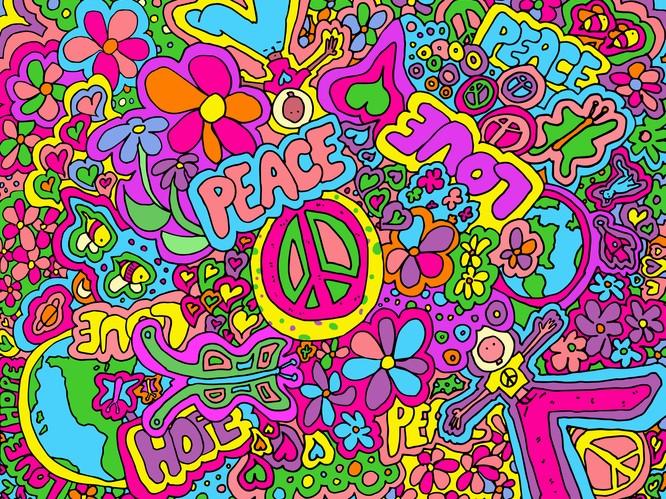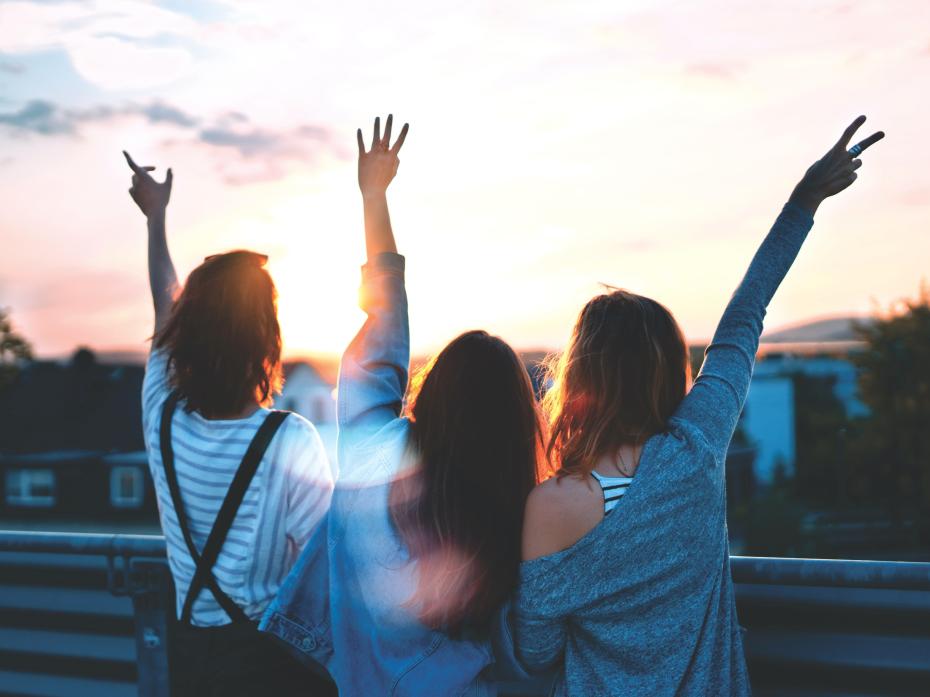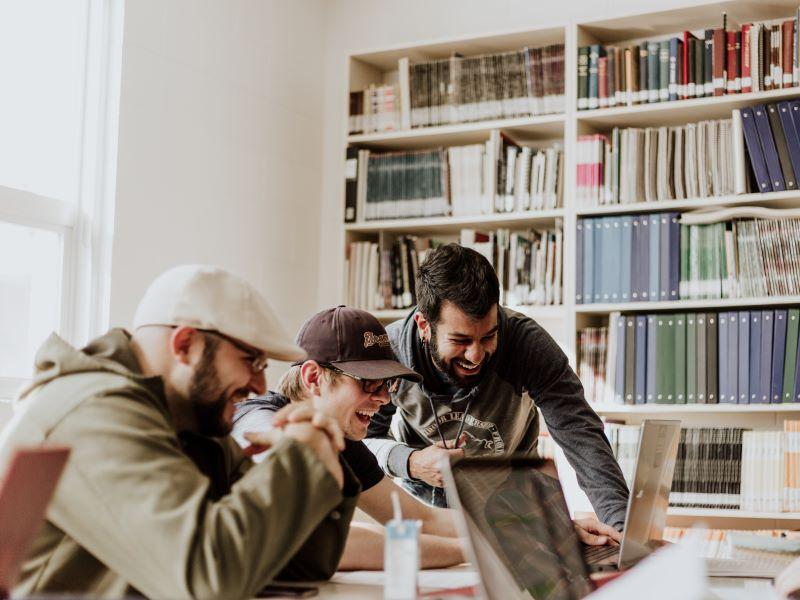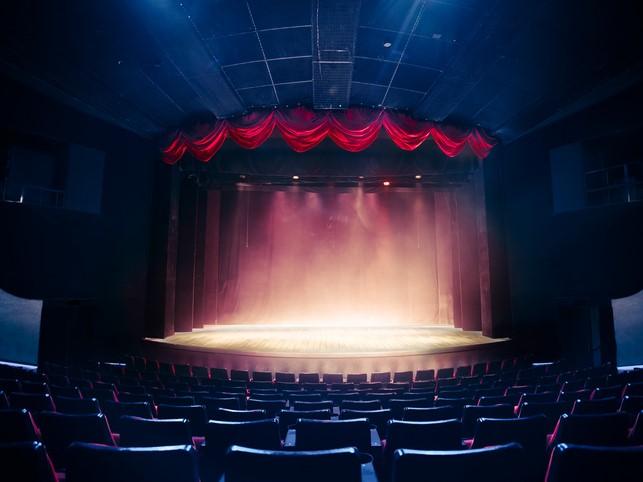
We must help our students make this a ‘summer of self-love’
It would be wise to keep an eye on our students over the coming months, as the period after lockdown typically brings intense emotional responses, says Bertus Jeronimus

You may also like
Popular resources
Most people spent the first 500 days of the coronavirus pandemic on activities rather different from those they’d originally intended. But with something approaching an end in sight (in the wealthy West, at least) thanks to vaccination programmes, we might expect people’s activities to become increasingly “normal”.
However, several articles and books posit that a “summer of love” is the traditional way in which humans celebrate the end of intense periods − reminiscent of the medieval festivals that celebrated the end of plague episodes. Once vaccinated and safe, humans would not return to their normal behaviour but throw themselves into a vibrant atmosphere of dances, talks, dinners, gatherings and parties in which all deprived social needs would be fulfilled.
Our archetypal post-pandemic celebration is the “roaring twenties”, in which survivors of the Spanish flu and the First World War enjoyed their freedom with summers of love in which they dressed to impress in flapper costume, danced to jazz and ragtime music and embraced their sexuality.
After the Second World War and recovery, young people rebelled against conservative governments and rejected the morals of their parents through rock’n’roll and major eruptions of hedonism and freedom, with the iconic 1967 summer of love based around mass protest for world peace, particularly focused on the Vietnam War.
More atypical examples are the summers of the 1970s, in which the gay community used disco to push back against homophobic hostility, and the summers of 1988-89 when young people celebrated the end of the Cold War and the waning of Margaret Thatcher’s prime ministership by dancing to acid house and shedding their clothes and inhibitions in search of unity and community.
In the summers of 2020 and 2021, periods of severe societal restrictions ended. Everyone craved freedom, hedonism, social company and more, but no mythical summer of love materialised. What changed?
Most obviously, the pandemic was ongoing and, globally, societies struggled with the Delta variant, often despite vaccines. Furthermore, even with the pandemic reaching calmer waters (in the West) this summer, still about 30 per cent of the Dutch and up to 50 per cent of Americans reported feeling uneasy about in-person interaction and going back to living life as they used to, which became known as “cave syndrome”.
Many people reported anxiety and stress now their social agendas became overbooked again and they returned to public transport and grocery stores. Cave syndrome may signal nervous system overstimulation or sensory overload, which can elicit strong emotions, disparate thoughts, inner restlessness and exhaustion. Ways to recharge include more exercise, sleep, hobbies and accepting that change takes effort.
However, structures that help manage emotions and prevent risky behaviours are among the last to mature in the adolescent and emerging adult brain, which makes them less well equipped to handle such emotional periods and less able apply a brake when necessary.
It would be wise to keep an eye on our students, and young people in general, over the coming months as the period after lockdown typically engenders the greatest diversity in emotional responses − from those who embrace their freedom (“Let’s party!”) to their peers who are unwilling to leave their bubble and/or experience anxiety, panic and hyperventilation.
Adolescents are more likely to partake in risky behaviour when they’re part of a peer group than when alone, and many young people have reported struggles with social interaction as a result of the pandemic, while others are showing delayed relational and sexual development − since the summer of 2020, only about 20 per cent of young people aged 16 to 20 went on dates.
We should be expecting young people to partake in risky behaviours, the incumbent accidents, more violations of their personal boundaries and more alcohol use to daze their nerve overstimulation, which has long been a common coping strategy in the Western world.
We must help our students (and ourselves) where we can to make this summer break into a “summer of self-love”, if you will. One in which they reflect on the pandemic and lockdowns and try to build on the lessons learned, such as things they hope to preserve from this period − whether that’s more time alone or more time connecting with friends and family, the freedom to study from home or greater time for reading and hobbies.
Naturally, this will also include reflections on things they don’t want. These might include massive surveillance systems by governments and universities, such as the proctoring software that forced them to show their faces, identity cards, living quarters and even desks. The closure of universities also showed the importance of active, in-person teaching to student motivation, mental health and teacher satisfaction.
Let’s remember that the transit in and out of societal lockdown is like a New Year’s resolution on steroids. Such environmental disturbances disrupt habits and make the rhythms of daily lives temporarily more fluid and changeable than normal, which can allow us and our students to find a new equilibrium. As society reopens, they can more easily choose who they want to be, and how and where to live and flourish, both at the individual and societal level. We should be there to help where we can.
And perhaps we can all hope to share a great summer of love and freedom in 2022 or 2023 − ideally with a great new musical landscape as well.
Bertus Jeronimus is an assistant professor of psychology at the University of Groningen. He holds a PhD in psychiatry and is working on gaining a better understanding of the co-development of personality, subjective well-being and internalising problems.



Comments (0)
or in order to add a comment